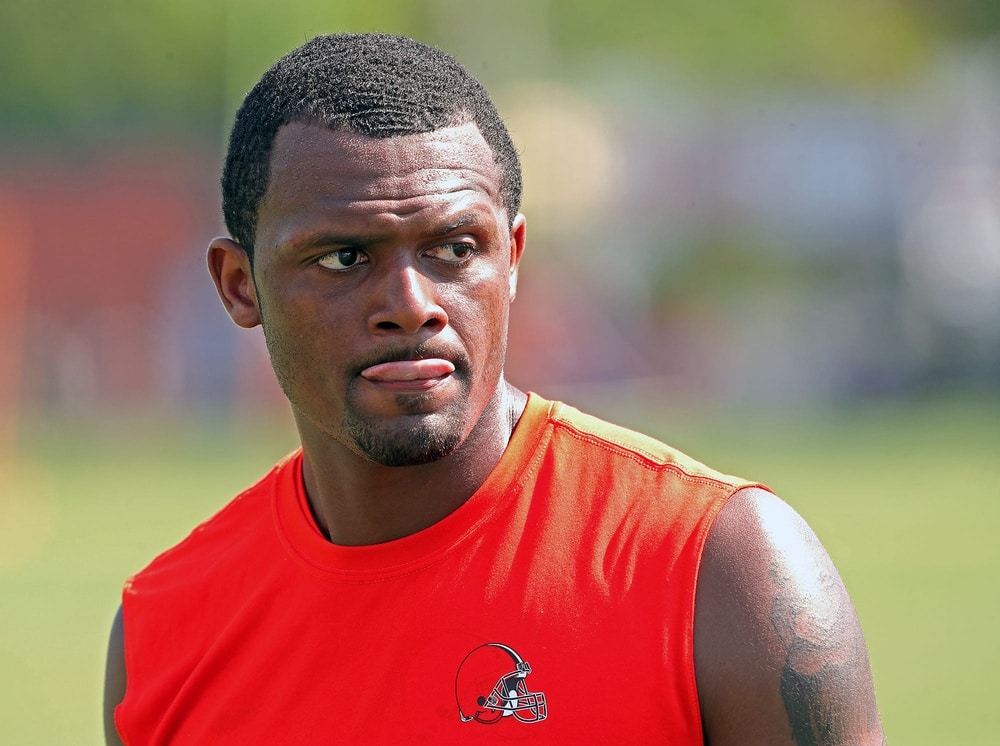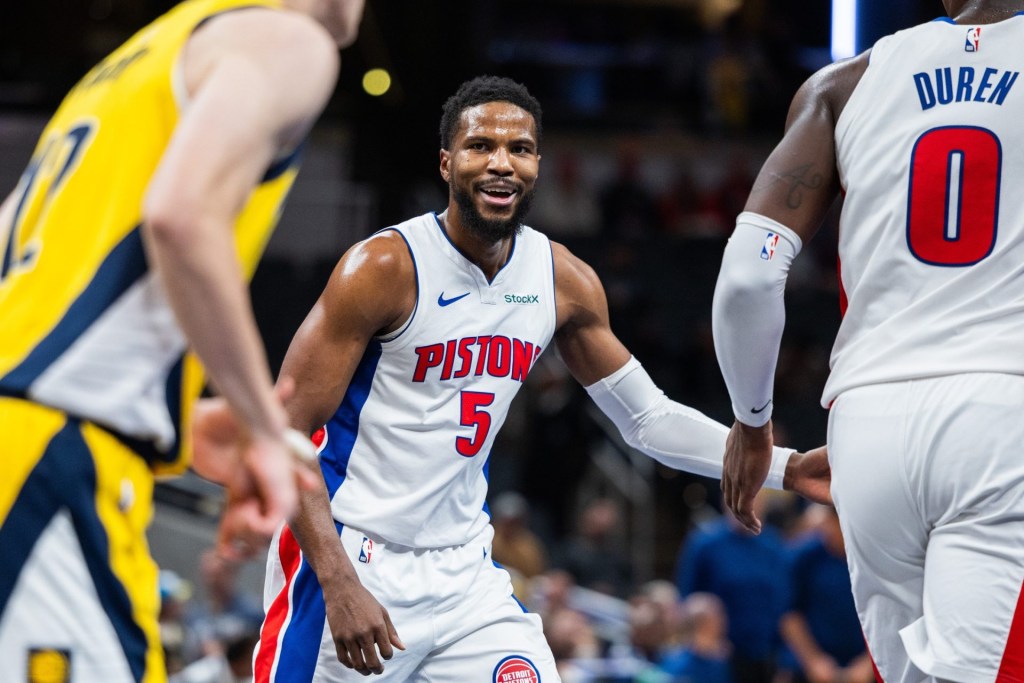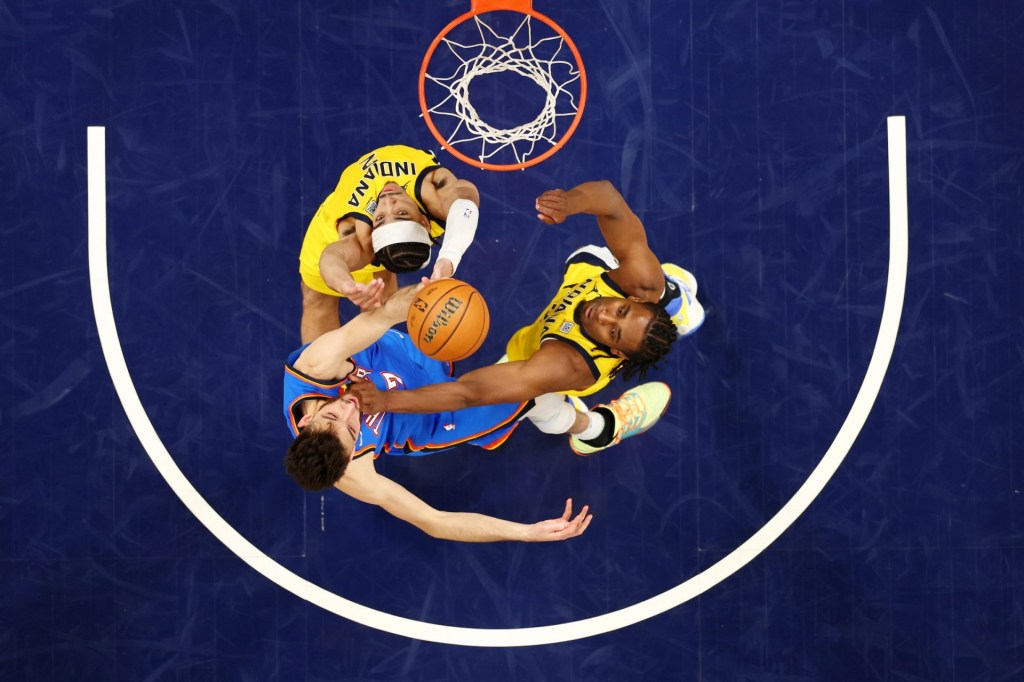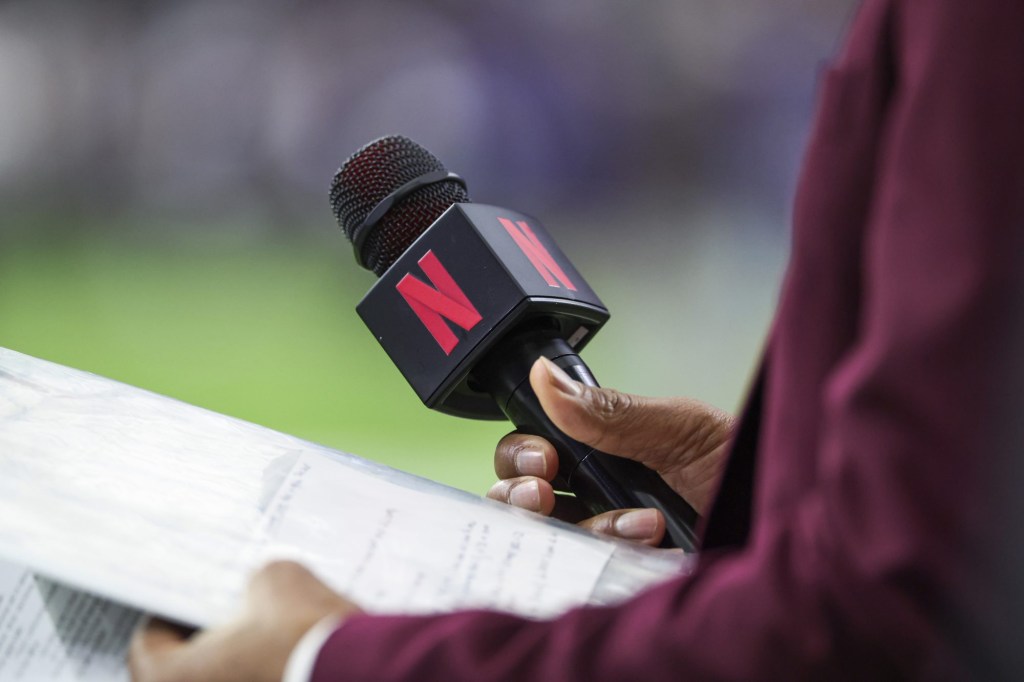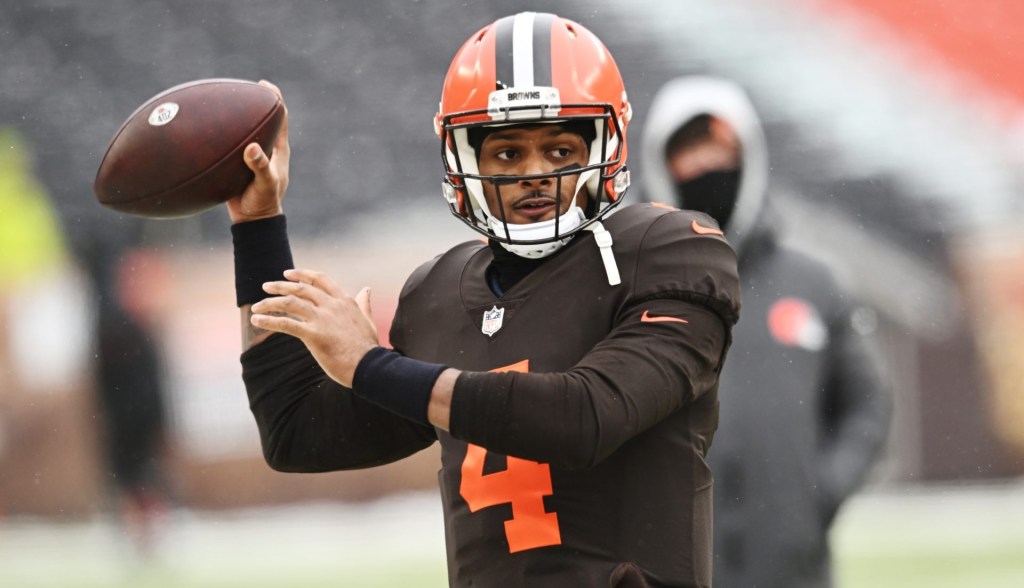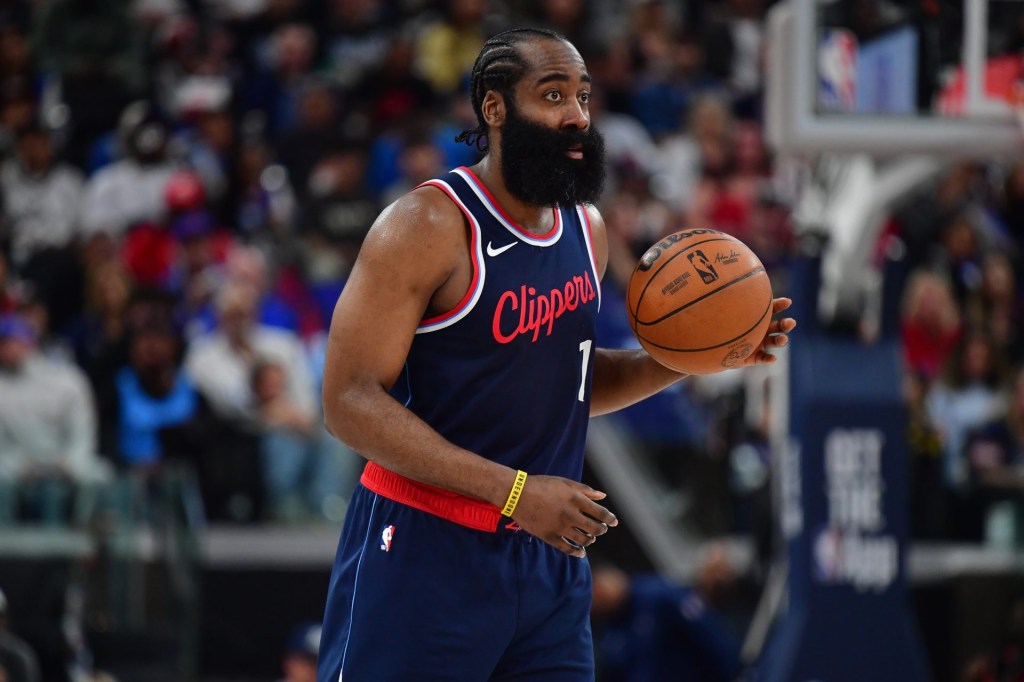The NFL is appealing for a larger punishment — and reportedly a major fine and mandatory treatment — for Deshaun Watson over allegations of sexual misconduct.
The NFL Players Association, however, appears primed to mount a legal challenge to get the Cleveland Browns quarterback on the field as soon as possible.
At present, a “fair notice” reasoning by retired federal judge Sue L. Robinson could be the most fertile argument for the NFLPA if the union decides to head to federal court on Watson’s behalf.
- Robinson wrote that Watson’s actions during massage sessions “does not fall into the category of violent” that requires a baseline six-game ban and that the most a “non-violent sexual assault” was punished perviosuly was three games.
- Robinson wrote in her conclusion that the “NFL is attempting to impose a more dramatic shift in its culture without the benefit of fair notice to — and consistency of consequence for — those in the NFL subject to the policy.”
“Lack of fair notice argument may play better for Watson in federal court since that goes to the essence of due process — an argument that resonates better with federal judges,” sports attorney Dan Wallach wrote on Twitter.
Commissioner Roger Goodell tapped former New Jersey attorney general Peter C. Harvey to handle the league’s appeal.
Harvey can make a decision — using the 215-page investigative report created by NFL investigators along with transcripts and a response brief by the NFLPA — without scheduling his own hearing, although he has the option to hear oral arguments.
Sources with knowledge of the matter told Front Office Sports that the NFLPA may follow the same playbook it used for Dallas Cowboys running back Ezekiel Elliott’s challenge of the league’s personal conduct policy.
- The NFLPA sought a temporary restraining order in 2017, five days before the arbitrator picked by NFL commissioner Roger Goodell upheld Elliott’s six-game ban.
- Elliott was eligible to play the first eight games of the 2017 season before the courts allowed the NFL to enforce that suspension related to domestic abuse allegations.
If Harvey sides with the NFL and the punishment is increased, a federal judge would likely see that as a “modification” — something allowed under the current collective bargaining agreement.
But if it’s viewed as an entirely new punishment, a successful restraining order request could make Watson eligible to play his first regular-season game since Jan. 1, 2021, in Week 1.
Sports attorney and New York Law School professor Dan Lust said there’s still a “possibility” a successful injunction request could result in Watson playing Week 1. Either way, he told FOS that he expects the NFLPA to move swiftly by filing a lawsuit against the league that includes a request for a temporary restraining order.
